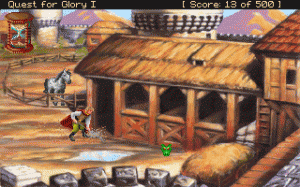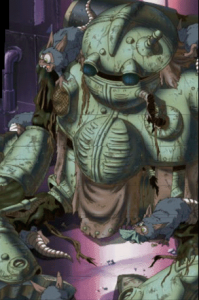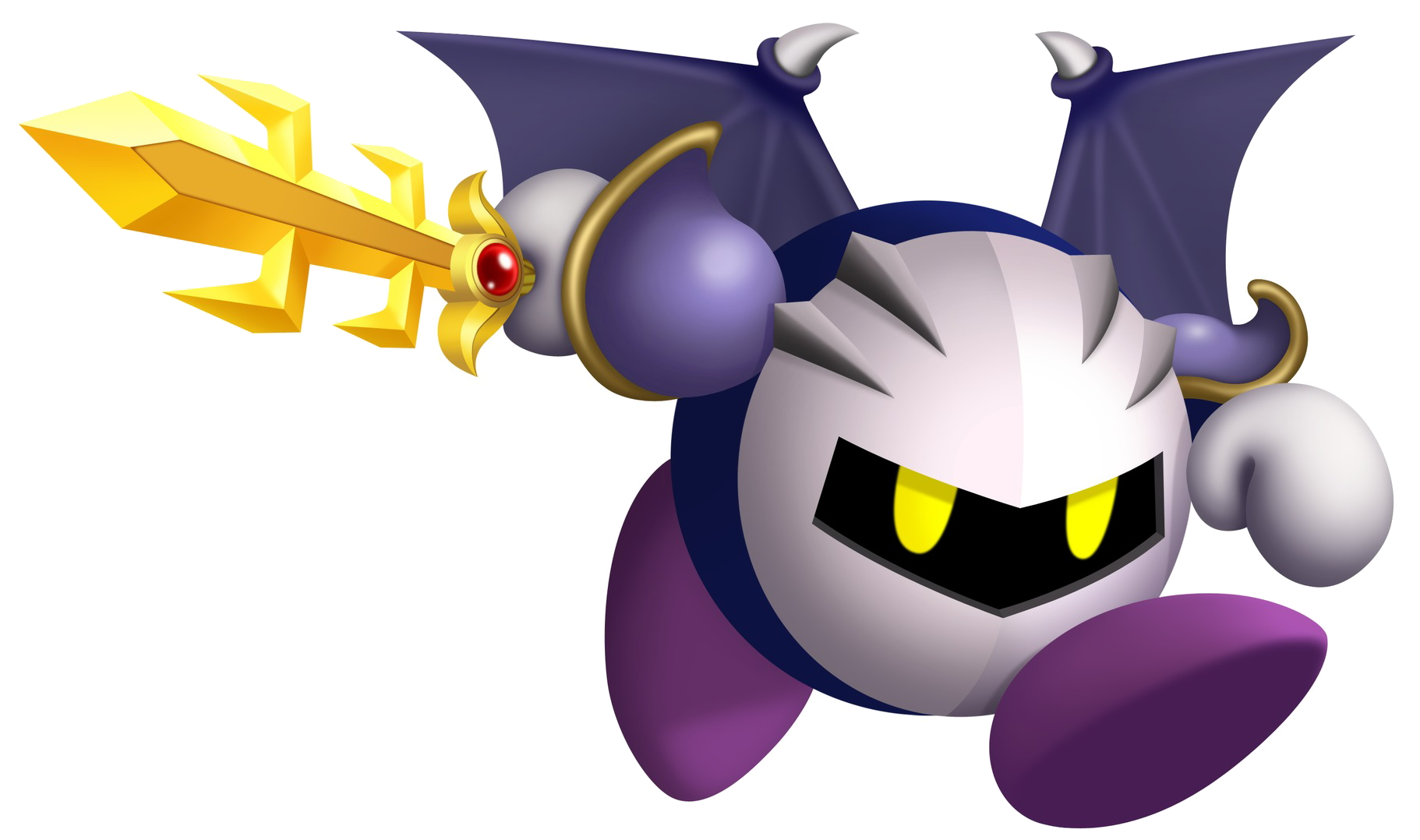The Power Of: Deeper Meanings
(Whoa, Schmamers, Paul can’t think of a single game he loves more than any other, either! Is this a recurring trend? Who cares! Let’s join Paul as he discusses why video games are so important to him.)
When the idea was first floated that we would write a short piece on a game that was meaningful to us, I immediately began a mental note of games that would be on the shortlist. What I learned was that it was damned near impossible for me to take anything off of the list after I put it into consideration. The more games I considered, the more games I found that stood as equals in my memory. I didn’t speak with the others before writing my own piece, but I imagine that many of them had similar difficulty in naming a single game. I have the same issue if I am asked to name my favorite book, or movie, or song.
I believe that man is created in the image of an infinitely complex God. As image-bearers of a being that doesn’t have a corporeal body, the likeness isn’t reflected in a physical shape, but through a great deal of aspects inherent to humanity: complex language, conscience, love and, most relevant here, creativity. Man is capable, as a mere shade of what God is able to accomplish, to create. We imbue art with our own feelings, passions and thoughts.
Unlike God, we may also improve ourselves in the process. John Steinbeck words it with more eloquence than I could in The Grapes of Wrath: “The last clear definite function of man—muscles aching to work, minds aching to create beyond the single need—this is man. To build a wall, to build a house, a dam, and in the wall and house and dam to put something of Manself, and to Manself take back something of the wall, the house the dam; to take hard muscles from the lifting, to take the clear lines and form from conceiving. For man, unlike any other thing organic or inorganic in the universe, grows beyond his work, walks up the stairs of his concepts, emerges ahead of his accomplishments.” Our work and our passions shape us even as we put ourselves into them.
Though it would surprise many, it is of no shock to me that video games present an illustration of man’s creativity and ability to construct something meaningful. They are often comprised of the visions of multiple innovators, and receive input from many at all aspects of creation. In one sense, video games offer a level of meaning above and beyond what art, literature or movies can do; in the latter, one is most often limited to determining the author’s message while in video games a player is dropped into the world and able to craft the meaning with his own (digital) hands. Of course, one can always find an individual meaning in any work of art, but one cannot then fashion the art for themselves. When I played Final Fantasy Tactics I made up back stories for all of my infantry and played them on the maps accordingly. The white mage and the thief were both raised in the same orphanage, though the mage was taken in by the clergy while the thief eventually gave up and turned to the streets. The mage would always cast protective spells on the thief first, though the thief would usually move away from the mage. But, ah, if the mage was ever in trouble the thief immediately broke away from the group to help. Yasumi Matsuno didn’t add any of that into the world of Ivalice, but it made the game mean more for me. For those not as nerdy (or willing to sacrifice in-game strategy for their own crazy machinations) as I, there are plenty of games that make choosing your own path the central theme of the game.
So I can’t pick a single game that was especially meaningful to me, because there have been so many games that have spoken to different aspects of my life, all of which I feel comfortable calling my “favorite.” If I am to introduce myself to you in a general sense, how can I choose a single aspect to hold up as the one to showcase? Harvest Moon 64 spoke to the part of me that desires family, traditions, routine, and a simpler life in a small town. The Metal Gear Solid series and Super Mario RPG deal a lot with finding the purpose you were created for and taking that path, even when it’s exceedingly difficult. Chrono Trigger contains some of the most beautiful scenes of self-sacrificial love I’ve ever seen (watching Robo farm for thousands of years always brings a tear to my eye). The Uncharted series shows the camaraderie built out of fellowship with your fellow man, always eventually placing that friendship over personal gain by the end of the game. Diablo II shows the struggle that we all have with evil, even those heroes fighting in the frontlines for good. Sierra’s series of adventure games each spoke to me in different ways: King’s Quest dealt with destiny; Quest for Glory contained themes of labor and honor; and Space Quest is a great example of the need all of us have for just some good fun and humor.
Games mean something to us, sometimes much more than their creators ever imagined. This phenomenon has long been recognized in other fields: society recognizes the creative desire, artistic intent and deeper meanings behind Van Gogh’s Starry Night, or Dostoevsky’s The Brothers Karamazov, or Welles’ Citizen Kane. Of course, not all art is created equal: someone doodling on a napkin, a movie made to exploit explosions and nudity for profit, or the baser Harlequin romance novels aren’t held up as pillars of creativity. We can’t point to all video games and tell people we’re enjoying art. But if you’re speaking with someone who believes that no game contains deeper meaning, I suggest that an excellent place to start is to get them in a room of gamers and pose the question “what is your favorite game, and why?” All that’s left is to sit back and enjoy the conversation.





